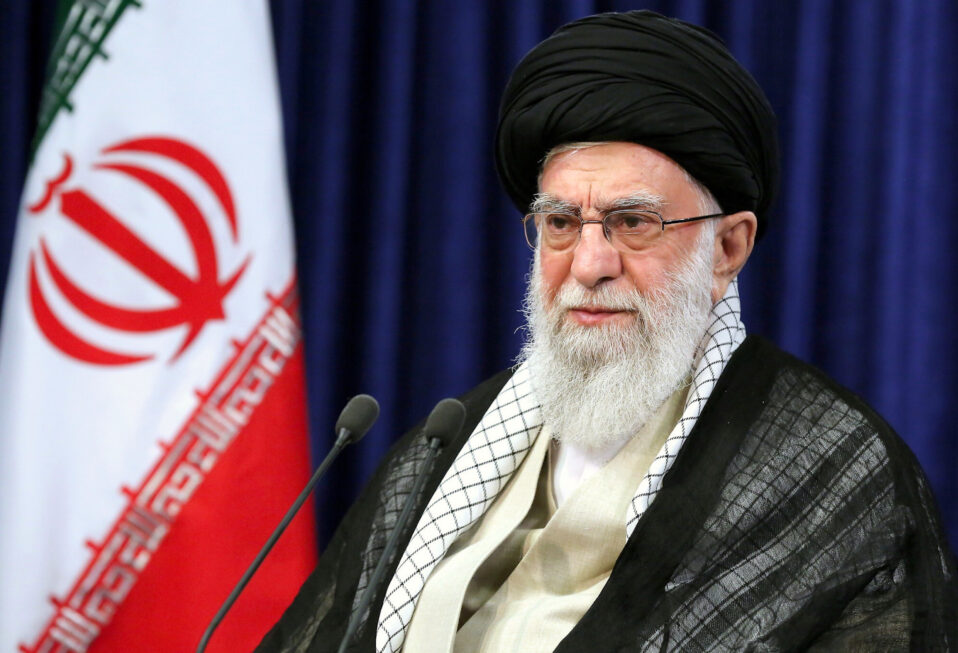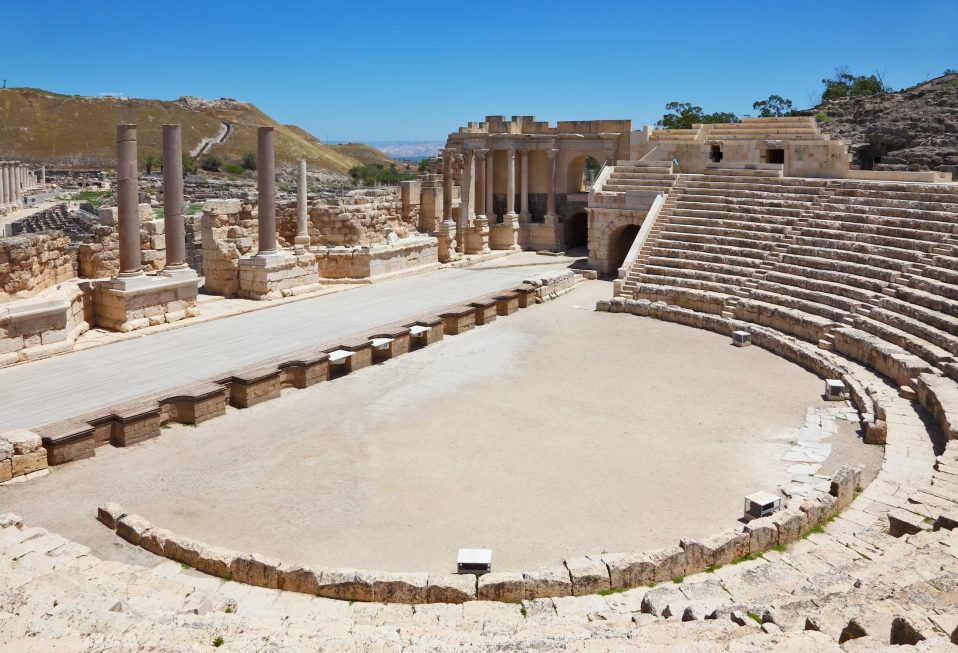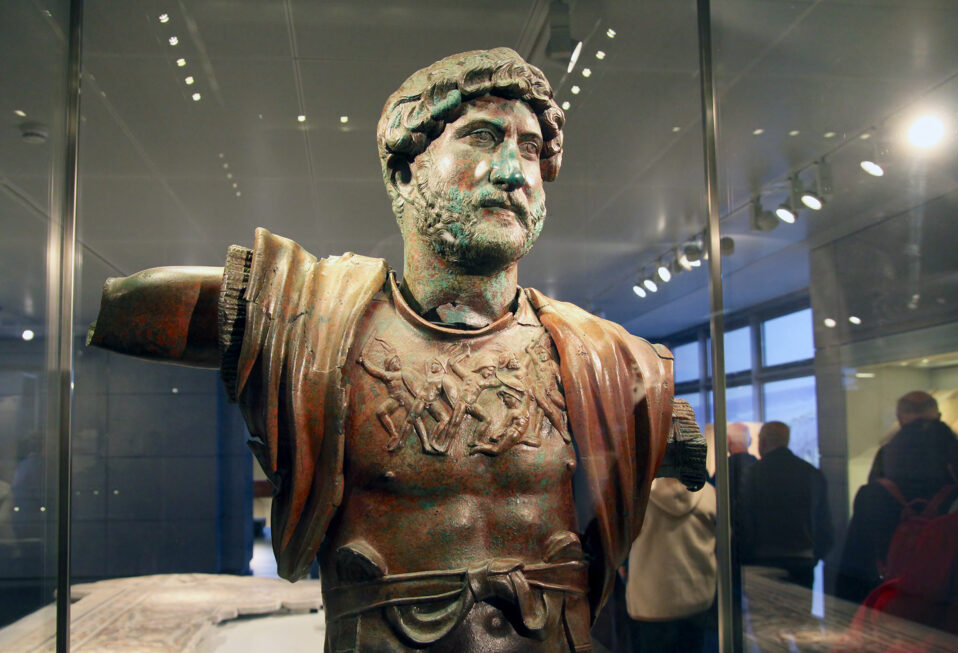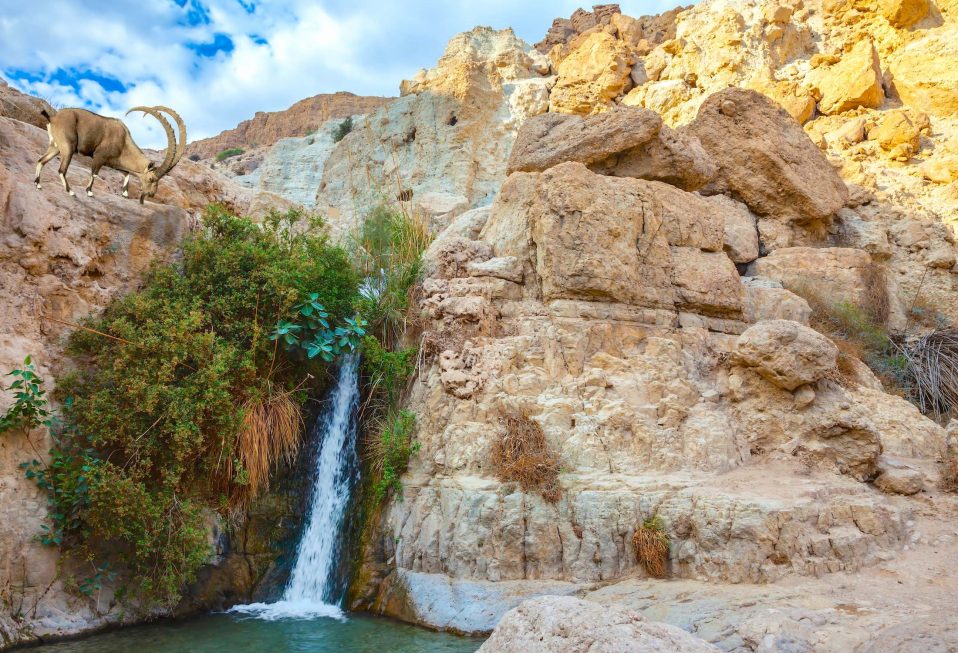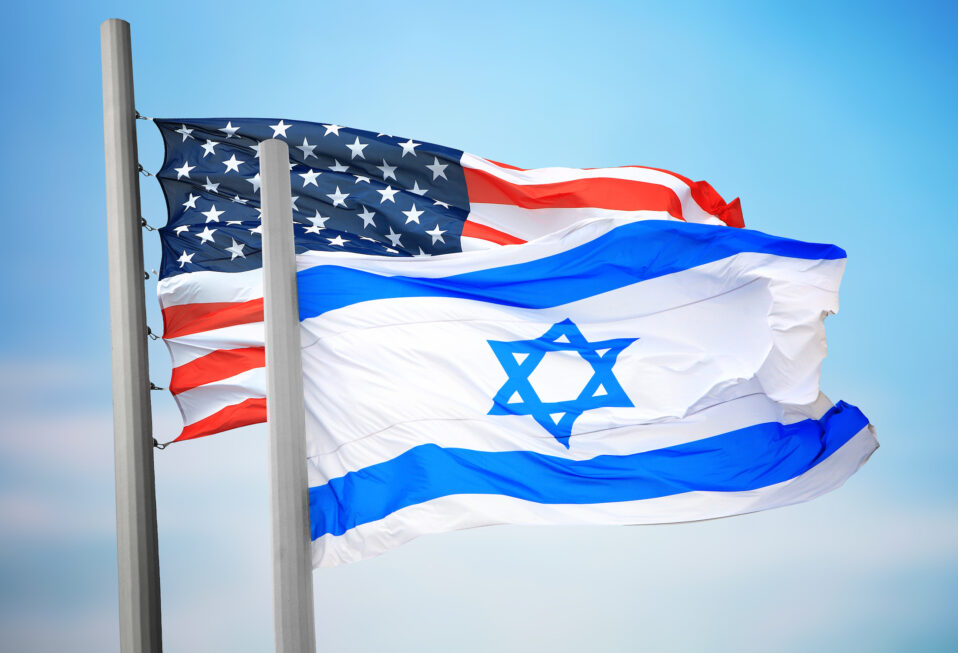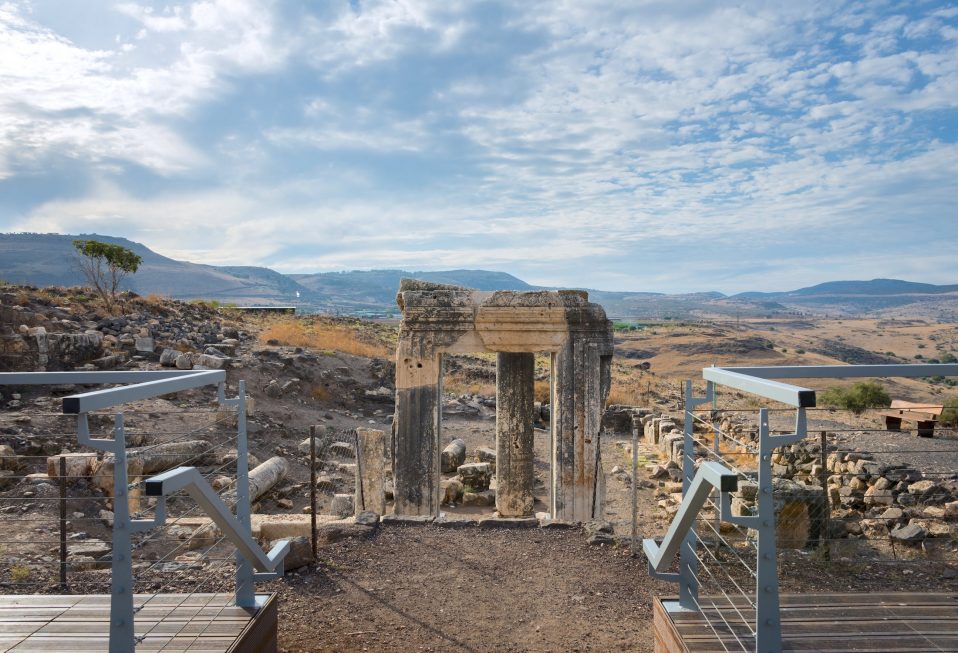By Arlene Bridges Samuels
The global community is increasingly being ensnared by ruthless dictators who are banding together to assert their brand of world dominance. Each day, news emerges about evildoers entrapping entire populations with lies and deceptions that stir up confusion, chaos, and disorder. We are living in what some are calling a “five-twenty” world—based on Isaiah 5:20, which describes a world that calls evil good, and good evil.
An upside-down atmosphere and internal challenges within both the U.S. and Israel are unsettling. Let’s take a brief look at the troubling trends across the world, then a close look at how to embrace and add to the good trends surrounding us.
Iran’s Islamic regime is ever-present in the mix. Our open U.S. Southern border beckons not only anyone from more than 100 countries but also, and more disturbingly, those set on destruction—from Iran, its proxies, China, and others. Shifting our focus to Israel’s border, with the Islamic Revolutionary Guard Corps (IRGC) stationed in neighboring Syria. We honor our 900 American soldiers also stationed there since 2015. They play an essential role in hindering the Islamic regime’s weapons shipments into Syria bound for the IRGC. Weaponry is also destined for Iranian proxy Hezbollah in Lebanon. The Military Times in varying reports indicates some 41,300 U.S. military are stationed in nine other nations in the Middle East such as Iraq, Kuwait, and Oman.
Part of the Biden administration’s naiveté is to view another Iran deal as the means to providing a solution. Biden thinks a planned $17-billion payoff—which is being called a “mini deal”—will magically make the rogue regime comply with his wishes. However, the Ayatollahs and other bullying regimes respond to appeasement with disdain for the appeaser, not respect. They congratulate themselves for amassing more power to threaten and oppress not only their own citizens but also nations they view as weak.
It is valuable to listen to reports from our troops in northeastern Syria and to others who suffer the Islamic regime’s cruelty firsthand. My close friend Marzi Amirizadeh—and thousands of other Iranians—are fully aware of the Ayatollahs’ evil intentions.
Marzi, a Christian and now an American citizen, was arrested in 2009 for her faith. Her “crime”? Covertly giving out 20,000 Bibles in a nation opposed to Christianity. After nine torturous months, Marzi was miraculously released. Just last week, on June 20th, she wrote a Townhall op-ed that everyone, including the current U.S. administration, should read. No Deal for Iran (townhall.com)
She reveals, “It is impossible for me to read reports of the Biden administration negotiating a deal to placate Iran’s Islamist regime today, without bringing me back to my cell in Iran’s notorious Evin prison in 2009.” She also blames former President Obama [and then-Vice President Biden] for turning their backs on the Iranian people in Iran’s first nationwide protests about election fraud that same year. Eventually, thousands were arrested and executed. One of Marzi’s statements should be emblazoned in the minds of any leader, anywhere, who is negotiating with Iran: “If Iran is so callous and violates human rights at home, how can anyone trust the regime to be any better around the globe?”
Iran’s Supreme Leader Khamenei recently held friendly meetings in Tehran with two of their proxy leaders from Hamas and Palestinian Islamic Jihad, who also victimize their own people. Worse yet, Hezbollah, Iran’s proxy in Lebanon, has for the past few months successfully smuggled rifles into Palestinian-run Jenin, located in Israel’s biblical heartland. Hezbollah has set up a sophisticated weapons operation that has resulted in more Israeli and Palestinian deaths and injuries.
Earlier this month, Iran’s president Raisi got busy linking like-minded countries by visiting three of them to form a coalition. Each of those nations—Cuba, Nicaragua, and Venezuela—is under sanctions imposed by the United States. Raisi repeatedly denounced the “imperialist” United States while multiple trade and other agreements clinched the coalitions. The Islamic lust for nuclear weapons at any cost energizes every so-called “agreement” lie they tell. Domination is their goal, evident through their efforts to revive an oppressive worldwide caliphate.
Among Iran’s other pursuits, they are selling thousands of drones to Russia and Communist China. Iran and China are active in Communist Cuba—only 90 miles from Florida—where both countries have embassies. China has now opened an embassy in Iran.
Watching these global shifts, what can we do as Christians? Is it fruitful to complain and wring our hands? Do we give up and wait for the end to come? One answer can be found in 2 Corinthians 5:20—“We are therefore Christ’s ambassadors.” We must rest in foundational, time-tested habits to read our Bibles, mature in our love, share the Gospel message, and serve those in need as unto Jesus while purposely looking for where God is at work.
Here are a few examples. The Asbury Revival generated prayer and salvation movements across the U.S. and the world. The Isaiah 62 Global 21 Days of Prayer for Israel engaged several million Christians worldwide between Passover and Pentecost. A majority in the U.S. Congress remains committed to passing important legislation benefitting both Israel and the United States. Brave pastors are eloquently reminding believers to walk in truth in our culture and exert influence wherever possible. Finally, CBN News reports that “a great awakening is exploding in Iran with visions, dreams, and miraculously answered prayers.”
The Apostle Paul offers us his example, as a Jewish believer kidnapped, beaten, imprisoned, shipwrecked, and ridiculed. In Romans 5:3-5 he says, “But we also glory in our sufferings, because we know that suffering produces perseverance; perseverance, character; and character, hope. And hope does not put us to shame, because God’s love has been poured out into our hearts through the Holy Spirit, who has been given to us.”
We are not exempt from difficulty or hardship. Nevertheless, remember that God will ultimately triumph over evil!
Join our CBN Israel team with this week’s prayers based on Jeremiah 32:17: “Ah, Sovereign LORD, You have made the heavens and the earth by Your great power and outstretched arm. Nothing is too hard for You.”
Prayer Points:
- Pray with thanks for the outpouring of God’s Presence in Iran.
- Pray for increased internal security in Israel’s biblical heartland.
- Pray that the Biden administration will abandon the “mini deal” with Iran.
- Pray for courage for all believers to maintain trust in God and stand for truth.
All Scripture is taken from the New International Version.
Arlene Bridges Samuels pioneered Christian outreach for the American Israel Public Affairs Committee (AIPAC). After nine years on AIPAC’s staff, International Christian Embassy Jerusalem USA engaged her part-time as Outreach Director for their project, American Christian Leaders for Israel. Arlene is an author at The Blogs-Times of Israel, guest columnist at All Israel News, and has frequently traveled to Israel since 1990. She co-edited The Auschwitz Album Revisited and is a board member for Violins of Hope South Carolina. Arlene attends Israel’s Government Press Office Christian Media Summit and hosts her devotionals, The Eclectic Evangelical, on Facebook.


